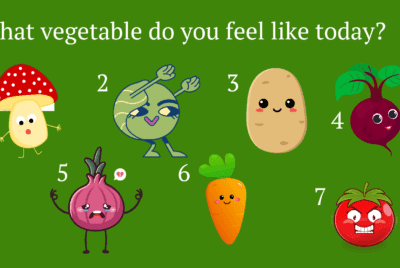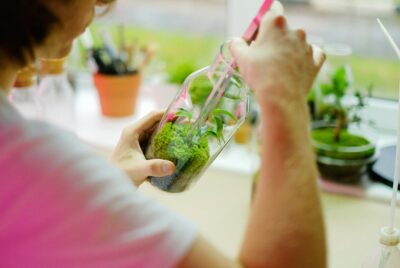RESEARCH
Horticultural Therapy for Improving the Work Performance and Interpersonal Relationships of Persons with Intellectual Disabilities
Summary
This study looked at how gardening activities could help people with intellectual disabilities improve their work skills and social relationships. Fourteen adults working in a sheltered workshop in Seoul took part in a 12-session horticultural therapy (HT) program that included planting seeds, watering, harvesting, and crafting with plants. The program was designed to strengthen hand movements, boost focus, and encourage teamwork. To measure the program’s impact, researchers tested participants’ hand strength, attention, job skills, and social behaviors before and after the sessions.
After completing the program, participants showed better grip strength, faster hand coordination, and an increase in the number of paper bags they could complete in a work task. Their interpersonal skills also improved, especially in early social behaviors like impulse control and one-sided communication. Many participants reported enjoying the program, and almost all said they would like it to continue. The study also found a small but positive change in a brain chemical (VEGF) linked to cognitive function, suggesting that gardening may help with mental processing, too.







